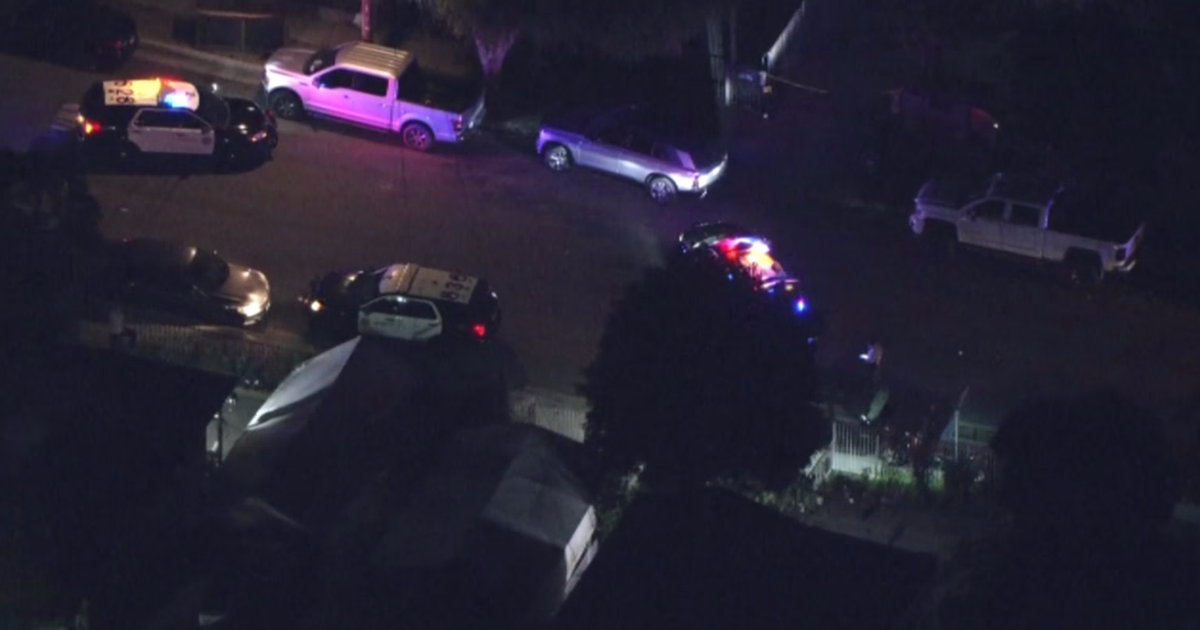Facebook Apologizes After Labeling Declaration Of Independence 'Hate Speech'
Follow KDKA-TV: Facebook | Twitter
Liberty, Texas. (CBS Local) - Facebook has apologized after the social media giant labeled the most famous document in American history as "hate speech."
A post containing excerpts from the Declaration of Independence was flagged and deleted by Facebook's filters, which monitor what its users write online. A Texas newspaper, The Vindicator, had been posting passages from the document as part of a 12-part series leading up to the celebrations on July 4.
On July 2, The Vindictor's tenth part was shockingly removed. The newspaper reported that Facebook told them the post "goes against our standards on hate speech."
The social media platform - not understanding it was looking at the revered 1776 document - allegedly took offense to the phrase "merciless Indian Savages," which Thomas Jefferson wrote in reference to the dangers of living in the colonies.
"Perhaps had Thomas Jefferson written it as 'Native Americans at a challenging stage of cultural development' that would have been better," Vindicator editor Casey Stinnett wrote. "Unfortunately, Jefferson, like most British colonists of his day, did not hold an entirely friendly view of Native Americans."
Facebook quickly responded to the public backlash over the decision to censor the Declaration of Independence and reinstated the post on July 3.
The Liberty, Texas paper published Facebook's apology after the post was put back up:
"It looks like we made a mistake and removed something you posted on Facebook that didn't go against our Community Standards. We want to apologize and let you know that we've restored your content and removed any blocks on your account related to this incorrect action."
"It is a very great irony that the words of Thomas Jefferson should now be censored in America," Stinnett added.
Facebook has taken a public relations beating in recent months, with CEO Mark Zuckerberg being forced to appear before Congress over the company's admission that millions of people had their personal information shared with third parties without permission.







